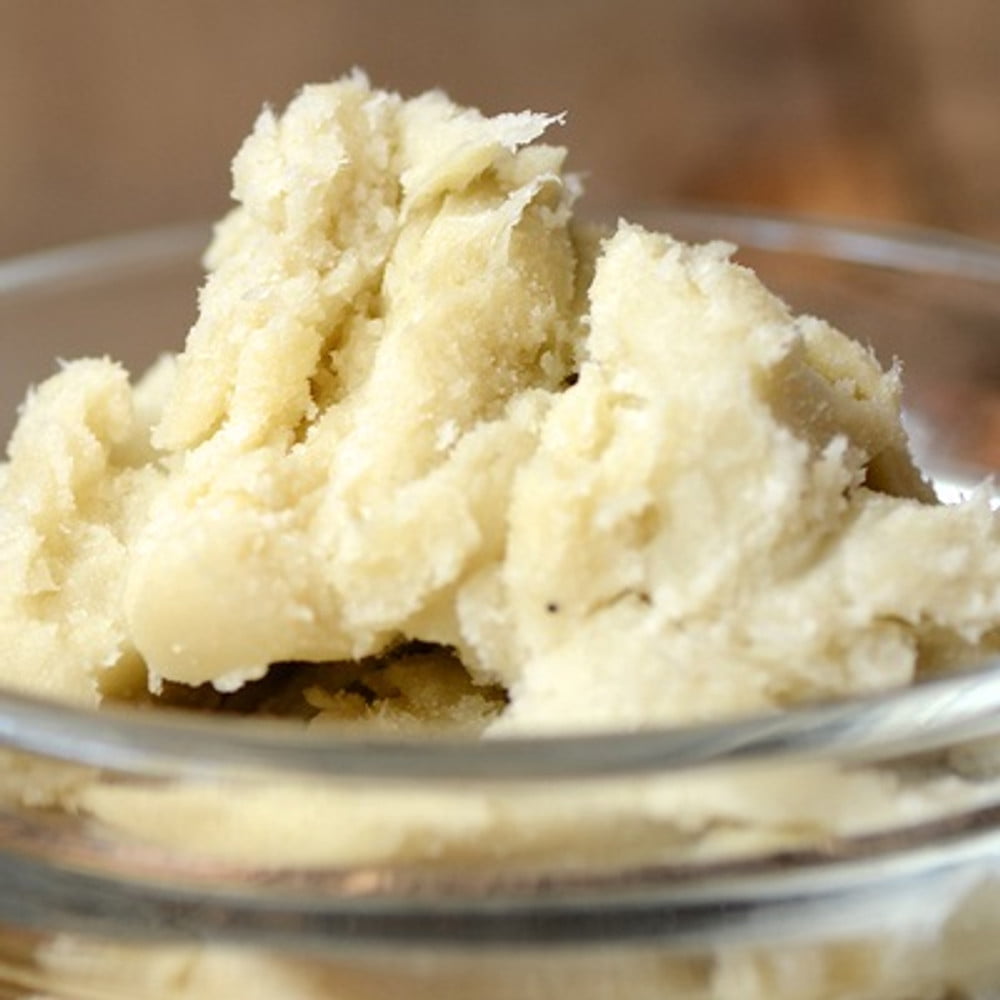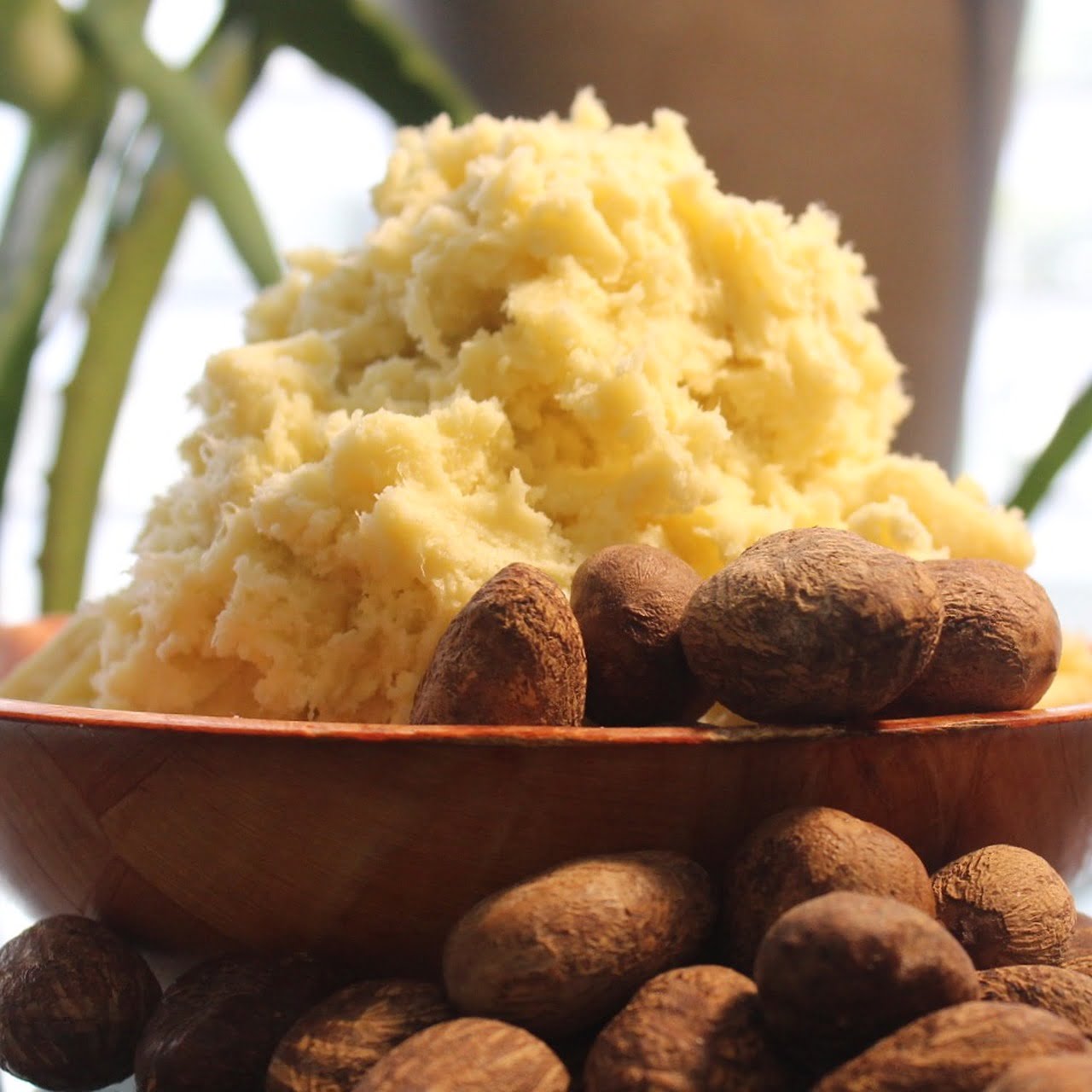Nigeria, with its vast savannahs dotted with shea trees, is at the forefront of the global shea butter market. As consumer interest in natural and sustainable products grows, the demand for shea butter, a natural fat extracted from the nuts of the shea tree (Vitellaria paradoxa), has surged. Known for its moisturizing properties and versatility, shea butter is a staple in the cosmetics, food, and pharmaceutical industries. This article delves into the market value of shea butter exportation globally from Nigeria, highlighting its economic impact, growth trends, and future potential.
The Shea Butter Industry in Nigeria
Nigeria is one of the largest producers of shea nuts and shea butter globally. The shea belt in Nigeria spans 21 states, predominantly in the northern region. This extensive distribution, coupled with the traditional knowledge of shea processing, positions Nigeria as a critical player in the shea butter industry.
Economic Impact and Market Value
Shea butter exportation is a significant contributor to Nigeria’s non-oil exports. According to recent data, Nigeria produces approximately 500,000 metric tons of shea nuts annually, with about 55% being processed into shea butter for export. The global market for shea butter was valued at around USD 1.14 billion in 2023, and Nigeria’s contribution is substantial, given its production capacity and quality.
Export Destinations and Trends
The primary markets for Nigerian shea butter include Europe, North America, and Asia. In Europe, countries like the UK, Germany, and France are major importers, driven by the cosmetics industry’s demand for natural ingredients. In North America, the United States and Canada are significant markets, with increasing use in organic and natural skincare products. Asia, particularly Japan and South Korea, also shows a growing interest in shea butter, spurred by the burgeoning beauty and personal care sectors.

Growth Drivers
Several factors drive the growth of shea butter exportation from Nigeria:
- Rising Demand for Natural Products: Globally, consumers are shifting towards natural and organic products, avoiding synthetic ingredients. Shea butter, with its natural origin and beneficial properties, fits perfectly into this trend.
- Sustainable and Ethical Sourcing: Companies and consumers are increasingly concerned about sustainability and ethical sourcing. Nigerian shea butter, often harvested and processed by women’s cooperatives, aligns with these values, providing fair trade opportunities and supporting community development.
- Cosmetic Industry Expansion: The cosmetic industry’s expansion, especially in emerging markets, boosts the demand for shea butter. It is a key ingredient in moisturizers, lotions, soaps, and hair care products, thanks to its emollient properties.
- Health and Wellness Trends: The health and wellness industry also contributes to the demand for shea butter. Its use in natural remedies and therapeutic applications, such as balms and ointments, has increased.
Challenges and Opportunities
Despite its potential, the Nigerian shea butter industry faces challenges. These include inconsistent quality, limited access to modern processing technology, and inadequate infrastructure. Addressing these issues requires investment in capacity building, better processing techniques, and infrastructure development.
However, these challenges also present opportunities. Enhancing the quality and consistency of shea butter can help Nigeria command higher prices on the global market. Moreover, expanding the processing capabilities within Nigeria can increase value addition, creating more jobs and boosting the local economy.
Future Outlook
The future of shea butter exportation from Nigeria looks promising. With the global market projected to grow at a compound annual growth rate (CAGR) of 7.5% from 2023 to 2030, Nigeria is well-positioned to capitalize on this growth. Initiatives aimed at improving the quality of Nigerian shea butter, coupled with increasing global awareness of its benefits, are likely to enhance its market value further.
Conclusion
Shea butter exportation from Nigeria is a vital and growing sector with significant economic potential. As the global demand for natural and sustainable products continues to rise, Nigeria’s shea butter industry is set to flourish. By addressing current challenges and leveraging growth opportunities, Nigeria can solidify its position as a leading exporter of high-quality shea butter, driving economic development and improving livelihoods across the shea belt.
Ajigofarms is a reliable global agricultural purchase sourcing with profound expertise in the manufacturing, and exportation of food crops. We are tested, and trusted suppliers of all kinds of cash crops and food crops. Our constant supply chain solution makes exporting easy, quick, and safe, we are identified with timeliness and meeting up with deadlines. Regardless of the region you are located in worldwide, you can reliably order your Agric products and be rest assured of successful delivery.




